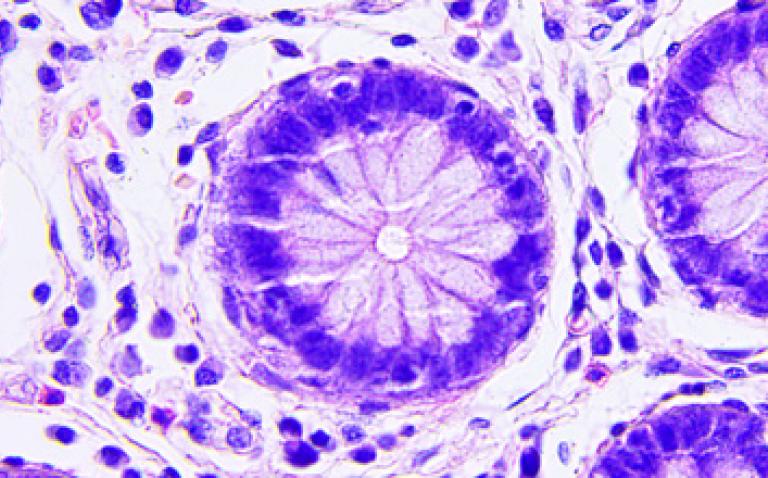The number of patients diagnosed with bowel cancer in Europe has been steadily increasing over the past 25 years, according to new research.
Between 2008 and 2016, diagnosis rates for bowel cancer, which is also known as colorectal cancer, increased by 6% every year in adults aged 20 to 39 years old.
For colon cancer, rates increased by 1.5% a year between 1990 and 2008, and an even greater 7.4% annually between 2008 and 2016, whereas rectal cancer was slightly slower at 1.8% per year from 1990 to 2016.
The study, by Erasmus University Medical Centre (EUMC), looked at data from 20 European countries, including the United Kingdom, France and the Netherlands.
Despite being considered a disease that traditionally affects people over the age of 50, colorectal cancer is the second most common cancer in Europe, with around 500,000 new cases every year.
Studies have also found that young-onset colorectal cancer is more aggressive and more likely to be diagnosed at an advanced stage than diagnosis in older populations.
Dr Fanny Vuik, PhD candidate at EUMC in the Netherlands, who presented the research at UEG Week conference in Vienna this week, said: “The cause for this upward trend is still unknown, although it may be related to increasingly sedentary lifestyles, obesity and poor diets, all of which are known colorectal cancer risk factors.
“We are aware of investigations in the North American population that demonstrates that colorectal cancer is increasing in young adults. In Europe, however, information until now has been limited and it’s worrying to see the startling rates at which colorectal cancer is increasing in the young.
“Increased awareness and further research to elucidate causes for this trend are needed and may help to set up screening strategies to prevent and detect these cancers at an early and curable stage,” she added.










